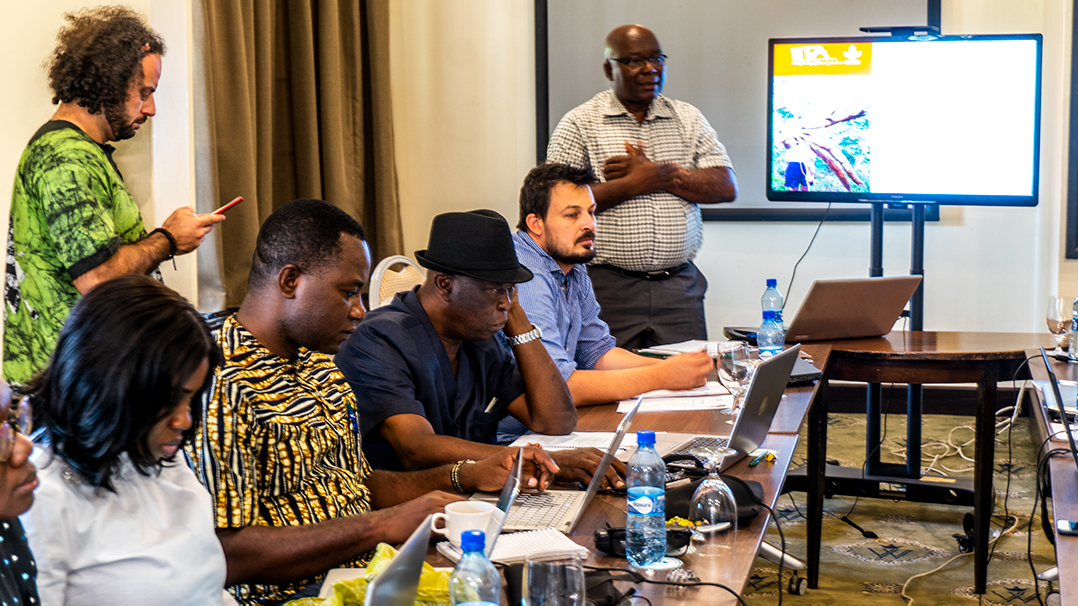Cassava production in Nigeria is often faced with a number of challenges including weather related problems, poor soil, land dilapidation, damage by livestock, danger imposed by excessive use of fertilizers, scarcity of cuttings, poor accessibility to markets, and certainly pests and diseases.

Over the last decades, efforts have been made by Experts in Agribusiness to mitigate against some of these problems through the use of more conventional methods one of which is the Six Steps Cassava Weed Management toolkit.
Experts from the Technologies for African Agricultural Transformation (TAAT) and African Cassava Agronomy Initiative (ACAI) recently disclosed that the Six Steps Cassava Weed Management toolkit has proven to help users to more than double the yield from the current African average of 9 tons per ha to more than 20 tons per ha”.
The statement was made at a training session organized by the Experts The statement was made for representatives of universities, research institutes, Oyo State Cassava Growers Association (OYSCGA), and other development partners.

Addressing participants at the training, TAAT Cassava Compact Leader, Dr Adebayo Abass said the ToT would place the participants in a better position to deliver the technologies being outscaled by the TAAT-Cassava Compact program.
He noted that the Six Steps to Cassava Weed Management toolkit had been consolidated into a Cassava Technology Demo toolkit and is being disseminated across 15 African countries under the TAAT program.
While commending the work in Nigeria, Dr Abass reiterated that the aim of TAAT Cassava Compact was to scale out proven technologies across Africa with the view to achieving an African Green Revolution.
ACAI’s Digital Extension & Advisory Services Specialist, Godwin Atser explained that the refresher training of trainers (ToT), which comes ahead of the 2019 cassava cropping season aims to equip partners with the necessary tools for successful delivery of technologies.
In his welcome remarks, ACAI Weed Scientist, Prof Friday Ekeleme said the training would contribute positively towards the implementation of demos this year.

Taking the participants through the theory and practice of the Six Steps to Cassava Weed Management, Atser urged participants to adhere to the principles of the Six Steps to Cassava Weed Management toolkit for better results.
Some of the topics covered during the training include GAP: Harnessing Experiences/Results from Cassava Weed Management Project, Cassava Agronomy, Principles and Practices of the Six Steps to Cassava Weed Management toolkit, Calibration, and Safe Use and Application of Herbicides.
Participants were also introduced to the IITA Herbicides Calculator mobile App which allows farmers to know the exact amount of herbicide to apply on any given field.

Participants at the training were drawn from the National Root Crops Research Institute (Umudike), University of Agriculture Makurdi, Federal University of Agriculture Abeokuta, Leventis Foundation, Psaltry, Oyo State Agricultural Development Program, Bestacor, Oyo State Cassava Growers Association, Justice Development and Peace Movement, Oyo; KOLPING in Abia, and Obafemi Awolowo University, Ile Ife.
Source: CityBusiness News














